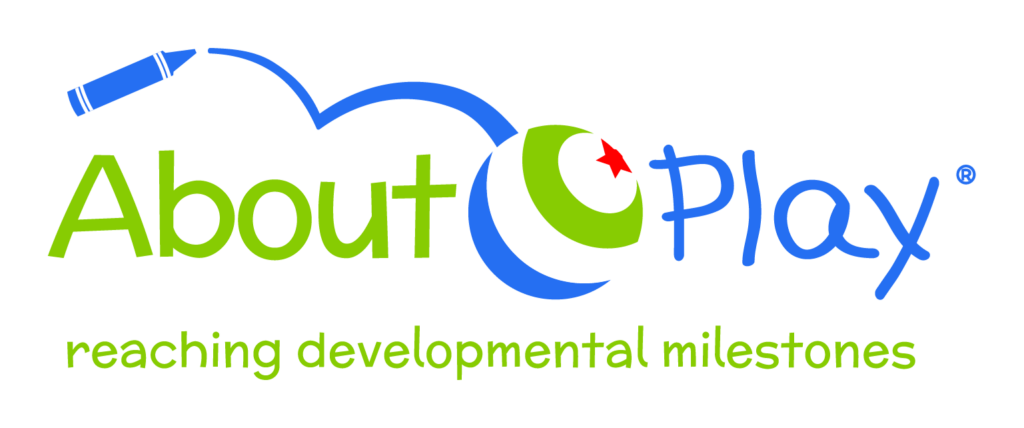Blog

FAQs About Being an Early Intervention Specialist
When it comes to childhood development, early intervention specialists are essential players. Interventionists are trained to identify potential developmental delays and offer an array of services that can help young children learn and grow.
If you’re considering an early intervention specialist career, these frequently asked questions can help you understand what to expect and how to become a trained interventionist.
What Is an Early Intervention Specialist?
Early intervention specialists are trained professionals that work with children ages zero through six years who have or are at risk of having developmental delay or disability. The services offered by our specialists can aid in reducing the severity of physical, intellectual, speech, and behavioral development issues.
What Skills Do Early Intervention Specialists Need to Have?
Like all professions, every early intervention specialist should possess an array of specific skills to fulfill their responsibilities and best serve every family.
- Communication | As an early intervention specialist, you’ll need to demonstrate excellent written and spoken communication. Clear communication is crucial to our work and ensures that we can always support children and their families in the best ways possible.
- Creativity | Each child’s needs are different. Specialists should be able to create unique strategies that engage the child and ensure their continued development.
- Time Management | Every aspect of this role is essential to our organization and the families we work with. Early intervention specialists should be able to make the best use of time spent with children while ensuring that all necessary paperwork is completed and filed on time.
- Passion | Undeniable dedication to children and their development is necessary to be successful in this role. Early intervention specialists should enjoy working one-on-one with young children and helping their growth.
How to Become an Early Intervention Specialist in South Carolina?
Along with a passion for aiding early childhood development, early intervention specialists must have a degree in special education or a related field, experience working with young children, and a state-issued early intervention certification.
Education
Many successful early intervention specialists hold a bachelor’s or master’s degrees in:
- Early childhood education
- Special education
- Child Development and family studies
- Social work
- Psychology
- Sociology
Certifications, Licensing, and Training
Along with completing a bachelor’s degree in a related field, early intervention specialists must fulfill their state’s certification requirements before offering services. In South Carolina, the early intervention services program is provided by the Department of Health and Human Services (DHHS). It includes instruction on CPR, First Aid, safety practices, early intervention indicators, and more. To successfully complete the program and obtain certification, trainees must complete a 40-hour training course within 30 days of joining an early intervention agency.
Note: Additional licensing may be required if you work with children with speech or hearing difficulties.
Experience
To begin working as an early intervention specialist, you should have some experience working with children – especially those between the ages of zero to six. Many specialists gain at least one year of experience interacting with children and their families through caregiving, teaching, and other child therapy services.
What Is the Typical Work Day of an Early Intervention Specialist?
Although there may be some variation from day to day, the goal of an early intervention specialist’s typical workday is to assess and provide necessary services to children and families.
These are several tasks that early intervention specialists perform regularly:
- Conducting assessments of children’s developmental progress
- Developing and implementing individualized education plans
- Offering therapy and support to children and families
- Providing regularly scheduled home visits
- Documenting new observations and services provided
- Collaborating with other professionals, including teachers, therapists, and physicians
- Conducting research and training
Most specialists work full-time to fulfill these responsibilities but have the flexibility to adjust their schedules to best serve the families they work with.
Take the Next Step in Your Career as an Early Intervention Specialist - Join the About Play Team
The work of an early intervention specialist can be challenging but offers equally rewarding opportunities. If you are interested in making a difference in the lives of young children, then becoming an early intervention specialist is a great option. At About Play, we hire early interventionists to serve most counties in South Carolina, including Charleston, Berkeley, Beaufort, Richland, Calhoun, Lexington, Lancaster, Greenville, Spartanburg, and more.
We’re seeking energetic, creative, and passionate professionals to make a difference in our community. If you’re ready to take the next step, visit our careers page to see our open positions and submit your application.




